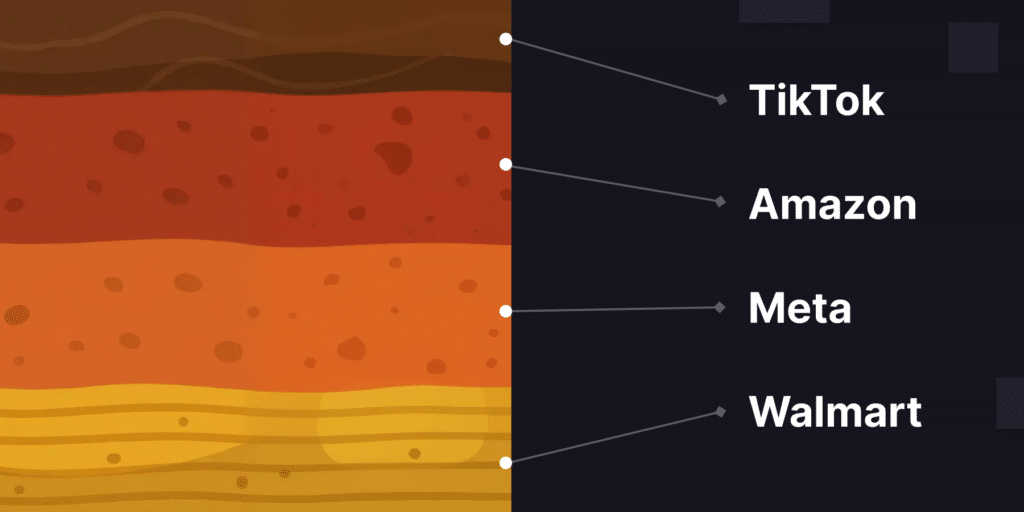If you’ve asked yourself, “why use SSL?” at any time, you’re in the right place. After all, why is SSL encryption so important, and why has Google placed increasing emphasis on it from an SEO perspective?

At Intentwise we see at least three reasons your website should use an SSL:
- Customers’ trust in your brand, products, and services increases, as SSLs offer data encryption
- Google’s algorithms offer SEO advantages for websites that load fast and secure
- API integrations are easier, as most require redirect pages to be available in https
How To Use An SSL Certificate
Knowing how to use an SSL certificate boils down to two options. Method one is buying the SSL certificate from a trusted certificate authority (CA) but installing it manually. Method two is using your hosting provider’s SSL, which is often a built-in feature of your hosting package. Your hosting company can help you through the process and provide additional support, such as reminders to renew the certificate.
SSLs expire every two years from the date they were installed on a given site. This is to ensure your encryption is up to date and also to protect users’ data being sent securely through the SSL.
If you decide to install an SSL certificate on your site, I recommend looking at the below providers. One prominent advantage of working with these providers is that they also support Heroku hosting and AWS hosting.
However, if you decide to buy the certificate on your own and then install it manually you should review a bunch of places where you can actually buy this. I recommend starting with the company where your domain is parked. GoDaddy, at the time of this writing, was providing a wild card certificate to be purchased at $275. You can also buy the certificate through DNSimple or Expedited SSL but you will need to purchase a monthly subscription too. Of course, you can cancel the subscription within 30 days (as recommended on their website).
We highly recommend folks buy a certificate for wildcards that can support multiple subdomains within your domain. Which leads to the next step — choosing a Certificate Authority. A certificate authority (CA) is a trusted entity that issues SSL certificates that verify a digital entity’s identity on the Internet. Here are some more popular CAs:
Both Heroku and AWS provide useful information on how to install the certificates on their platform.
Read our post “What Are Content Management Systems Used For?” to get an overview of different content management systems and tips on how to select one.



